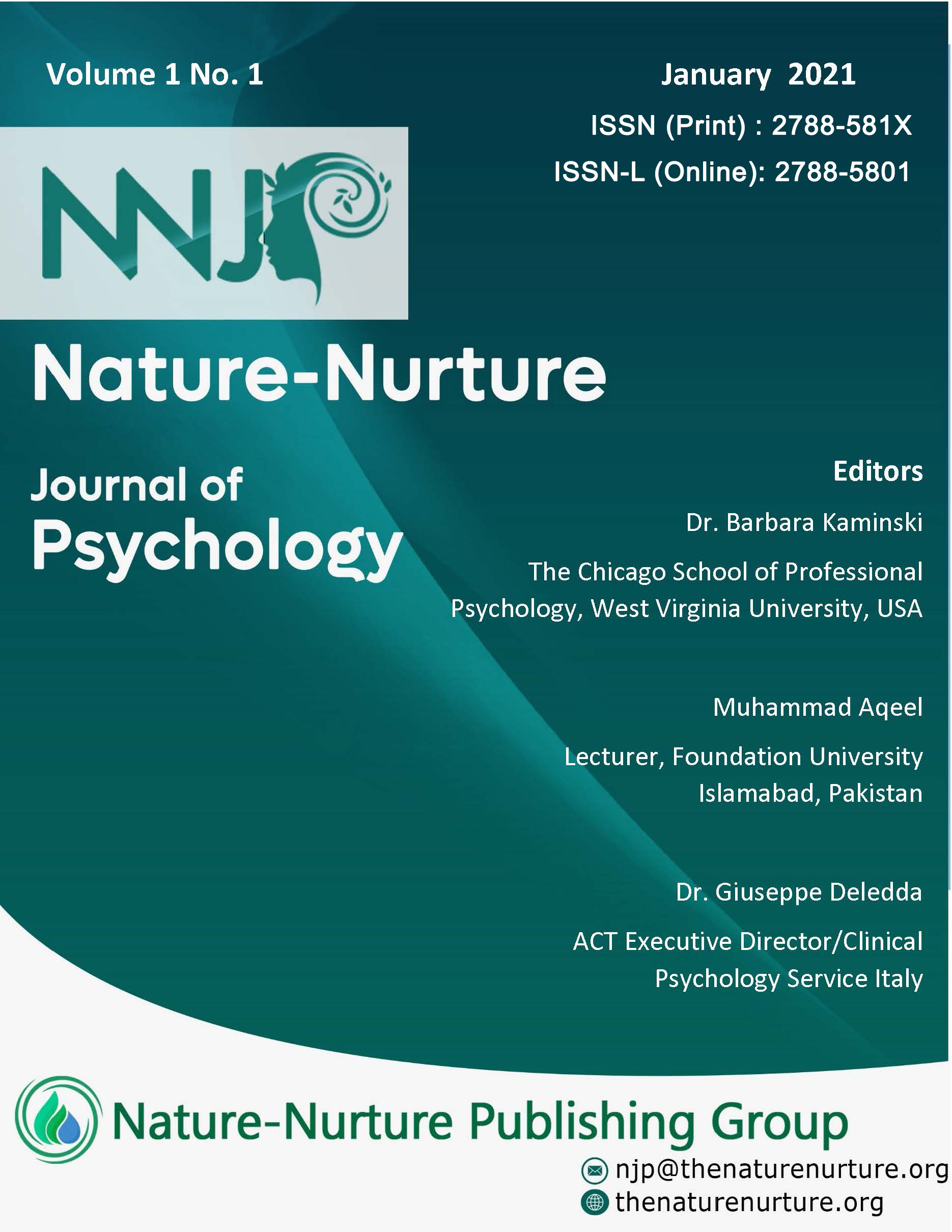Abstract
Background: The situation of Women with infertility problems in third-world nations particularly Pakistan remains to be miserable. They are persistently experiencing to such conditions which lead toward psychological and physiological problems. This present research was illustrated to highlight the numerous deleterious factors that affecting the performance of women in Pakistan culture. The primary purpose of present study was to identify prevalence rates of demographic variables in Women with Primary and Secondary Infertility in Pakistan. Moreover, it examined the mediating role of quality of life between coping strategies and psychological distress in Pakistani infertile women.
Methods: 150 women (Primary infertility, n =76; Secondary infertility, n = 74) age ranged from 20 to 40 years were recruited from different hospitals of Islamabad and Rawalpindi, Pakistan. Purposive sampling technique was used based on cross-sectional design. Three instruments, Brief cope (BC) (Akhtar, 2005), Psychological Distress (PD) (Mehwish, 2013) Quality of Life (Jahanlou & karami, 2011) were used to assess quality of life, coping styles and psychological distress.
Results: Correlational and moderation analyses were applied to analyze objectives of present study. The results revealed that positive coping style was statistically significant predicted psychological distress (?=-.35, p <.001) and quality of life (? = -.27, p<.05) for primary infertile women. Whereas it was also significant predicted to quality of life (?=-.28, p<.05) for secondary infertile women. The findings also demonstrated that quality of life was statistically significant predicted psychological distress (?=-.48, p<.001) for primary infertile women. However, it was also significant predicted (?=-.68, p<.001) for secondary infertile women. Moreover, the results found that secondary infertility women had more prevalence of religious denial coping strategy as compare to primary infertile women. These results suggested quality of life was partial mediator between positive coping styles and psychological distress for secondary infertile women.
Conclusions: The result of present study would be beneficial in clinical settings to spread awareness in the society about this important issue. Moreover, it also assists in developing effective prevention and intervention programs to overcome this problem.

This work is licensed under a Creative Commons Attribution 4.0 International License.
Copyright (c) 2021 Nature-Nurture Journal of Psychology

